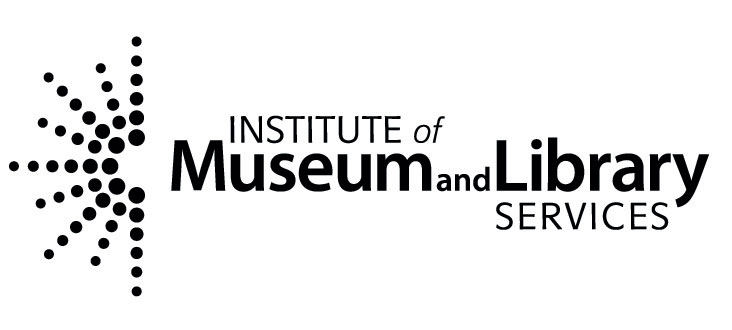
Maryann Niles, the NH State Library State Data Coordinator has created a helpful Programming Tracker to keep track of all those programming statistics your library is required to report yearly. Copy and save the file to your computer to use. Thank You Maryann!

Unite Against Book Bans, in collaboration with the publishing community, is unveiling a free collection of book résumés at bookresumes.uniteagainstbookbans.org to support librarians, educators, parents, students, and other community advocates in their efforts to keep frequently challenged books on shelves.
Created in partnership with dozens of publishers and with information provided by publishers, librarians, and School Library Journal, Unite Against Book Bans book résumés are easy-to-print documents designed to help support readers’ access to books that are targeted by censors. Each book résumé summarizes the book’s significance and educational value, including a synopsis, reviews from professional journals, awards, accolades, and more. Where possible, the book résumés also include information about how a title has been successfully retained in school districts and libraries after a demand to censor the book. These documents are in a PDF format that can be downloaded and printed for easy sharing with administrators, book review committees, and the public at board meetings.

Learn about privacy topics and generate a custom privacy toolkit geared towards your online needs. Toolkits include links, tips, and resources that empower you to customize your online identity. Email or print your privacy toolkit for future use.
New Futures is a nonpartisan, nonprofit organization that advocates, educates, and collaborates to improve the health and wellness of all New Hampshire residents through policy change.
Thank you to those who were able to join the training on 6/27/23! Here is the link to the recording.
Here is link to the folder with a copy of the slides and various resources to help you with your advocacy.
Please fill out this evaluation form of the training if you have not already.
If you are interested in receiving action alerts from New Futures on certain issues we work on, please fill out the linked form.
Thank you again, and do not hesitate to reach out with questions now or in the future!
|
|
Jess Wojenski Training Manager New Futures Office: (603) 225-9540 Ext. 117 |
What is De-escalation? the act of moving from a state of high tension to a state of reduced tension.
Public libraries are increasingly being asked to expand their services to include more mental health support, acting as community hubs where people can access resources and basic mental health assistance, often through staff training in mental health first aid, partnerships with mental health professionals, and providing accessible information on mental wellbeing through programs and materials
By practicing de-escalation tools like active listening and mindful body language, library staff feel more equipped to manage challenging situations. This not only helps in keeping patrons safe but also enhances job satisfaction and staff retention, making your library a more supportive workplace.
By Hannah Arata, ALA Public Programs Office, Programming Librarians (May 26, 2022)
Steven Ward, Forsyth Public Library, Illinois Library Association (June 1, 2023)
Karen Jensen. The Teen Librarian Toolbox (January 21, 2018)
New South Wales Health (July 12, 2023)
Joy Worland (July 2023)
Keep in mind communication styles and how they tend to vary across cultures.
The NH State Library Niche Academy has multiple free
de-escalation courses: https://my.nicheacademy.com/nhsl-staff
This website provides free introductory online de-escalation training specifically designed for library staff interacting with individuals experiencing homelessness.
Presented by Michelle Eberle, MLS, Certified CPI Verbal intervention Trainer
In-person trainings at Mass. Library System offices (spring 2024)
WebJunction Self-paced Course (1 hour)
Jarrett Dapier and Emily Knox. BCALA (March 22, 2021)
May 30, 2024 at 2 PM ($89- $106)
4 hour workshops


This project was made possible in part by the Institute of Museum and Library Services and the New Hampshire State Library.